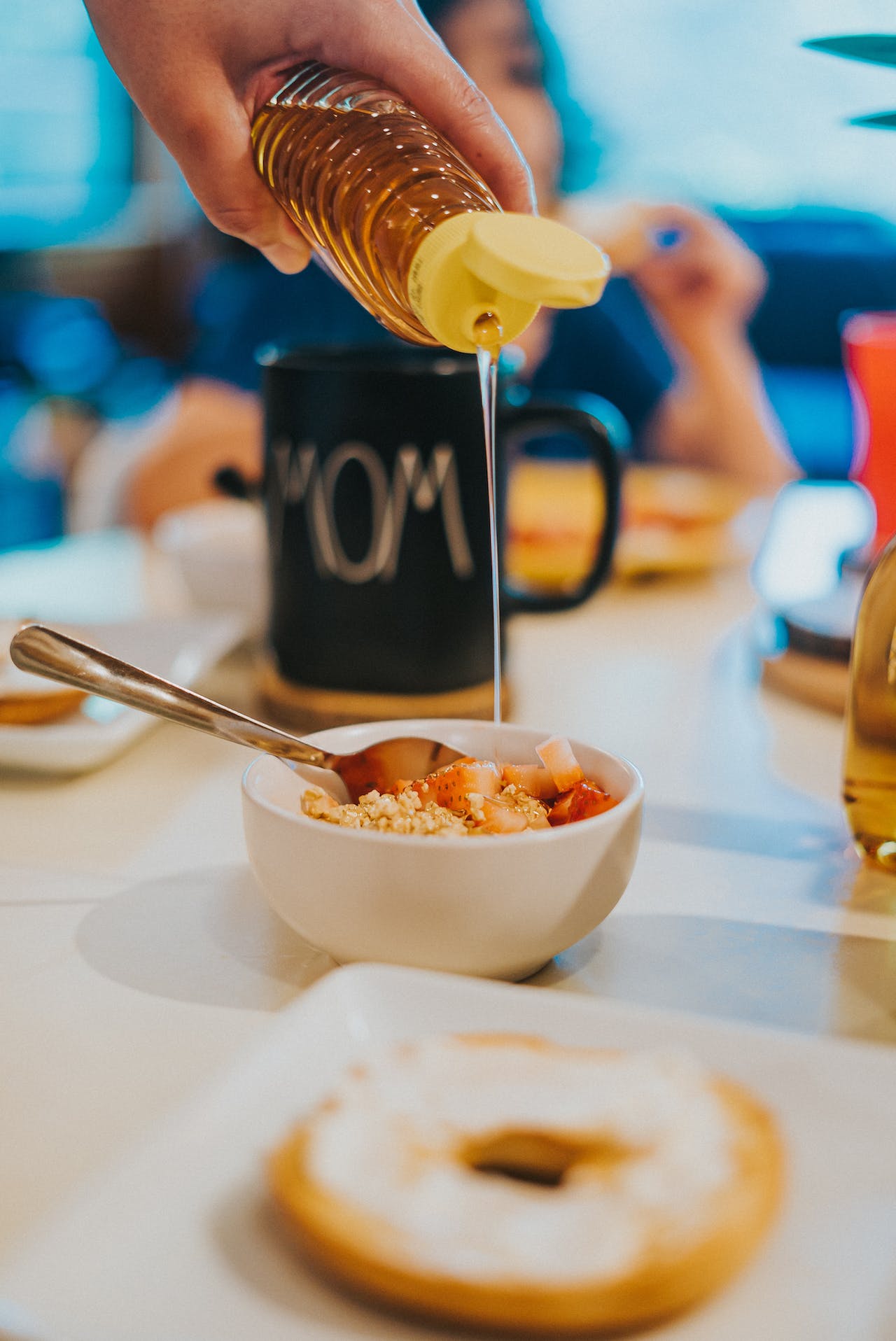Features
From Counterfeit Soy Sauce to Diluted Wines – What Can We Do About Fake Products?

In 2018, my mum was down with an illness that almost took her life. I didn’t attend any of the hospital sessions with my siblings to understand fully what happened to her, but she woke up one morning and her bones were soft. My mother used to rise from bed before the cock crows in the morning. She would bathe with cold water no matter how fierce the harmattan was, and sit at her prayer mat until the sky became clear, supplicating. But that morning, I woke up before her and when I asked why she was still in bed, she said she had a headache. She had complained about it last night and slept earlier than usual but I wasn’t bothered. It was my mum – one of the strongest women I have ever known. But time passed and she was still in bed. “E dide na,” I urged her to stand up but she wouldn’t. She couldn’t, even as she tried; her bones were not just strong enough.
Later, my brother held her to the bathroom, many hours longer than her usual time, to bathe. Then the journey began. For almost a year, my mother remained in a hospital bed in Ife, observing solat with her fingers. When she was discharged to come home, I slept in the same room with her and administered drugs to her at the prescribed time. When the drugs were exhausted, we bought more until we could no longer afford the prescribed drugs due to a hike in prices. Another drug was prescribed and she started taking that, but instead of getting better, her health deteriorated. Some days later, I discovered the new drugs we bought were fake. So I stopped giving her and she got better.
Some years ago, I was a 300-level student at the University of Ilorin, studying English. One night, for a night class, I bought a yoghurt drink to have while reading. Unlooking, I took the drink out, opened it and settled to finish the line I was reading before taking a sip. Just when I was about to raise the bottle to my mouth, I decided to take a look at the drink, and there it was, liquid green instead of white, and somewhat soapy. I had read about production errors from companies and perhaps that was the case here. But imagine I had poured that into my throat, what would have happened? How much would that have affected me?
I went to buy mayonnaise at the supermarket someday and, as a ritual, I took a picture and sent it to my partner. The picture was sent in the afternoon but they would receive the message at night when I had opened and eaten it. They said I bought the fake one – a common mistake everyone makes. Instead of throwing it out, I ate the mayonnaise anyway. That was many years ago.
I took fake postinor 2, I submitted the result after 9 months. God will judge everybody in this country. https://t.co/PuytgsyqIV
— Aunty Lara🦋// SOFT LIFE//SHOE-GA MUMMY 👟 (@charmingdimplee) December 18, 2023
There have been several social media posts since someone shared that they discovered that the soy sauce they’ve been cooking with was fake. So, others joined in and started sharing photos of their soy sauce – all fake. From there, people started giving pictorial evidence of other fake products they’d been purchasing and using – body cream, lip balms, fast foods, wine drinks, drugs, body care products and others and others. And the reality just sets in that the majority of what we are using in this country are fake. And what makes it worse: these products are labelled as supposedly registered with the official body entrusted with the duty of assessing and approving them.
While we pray against untimely death, we may be paying for what kills us – unknowingly. The cooking sauce you added to your pasta yesterday might be fake. The meat you ate at that restaurant last week might have been cooked with paracetamol. The wine you had might have been a counterfeit. The drug you’re about to buy to cure food poisoning might be fake. Or that expensive skincare product might just be fake! While, as a country, we find ways to cope with situations by cracking jokes and sharing memes, we may just be laughing our way to our deaths. You don’t know, you might never know, these fake products might be eating something in your kidney or heart. As we laugh about it, we must take individual precautions by reading labels well before making purchases, avoiding stores known to sell fake products, paying attention to everything we purchase and/or consume, checking expiry dates, and eating more homemade meals – basically, minimising our chances of food poisoning. We cannot control the circulation of fake products, but at least, we can pay attention to products we let into our space and body system.
An important question to ask:
Fake products have always been in the market; they’ve always been in circulation. But is there a yardstick we can use to determine if there is a higher influx of fake products in circulation?
— O.S. (@OlayideO_Soaga) December 18, 2023
***





















